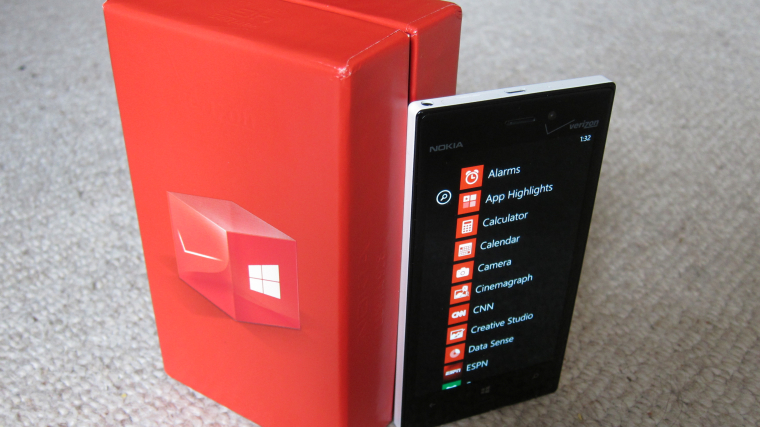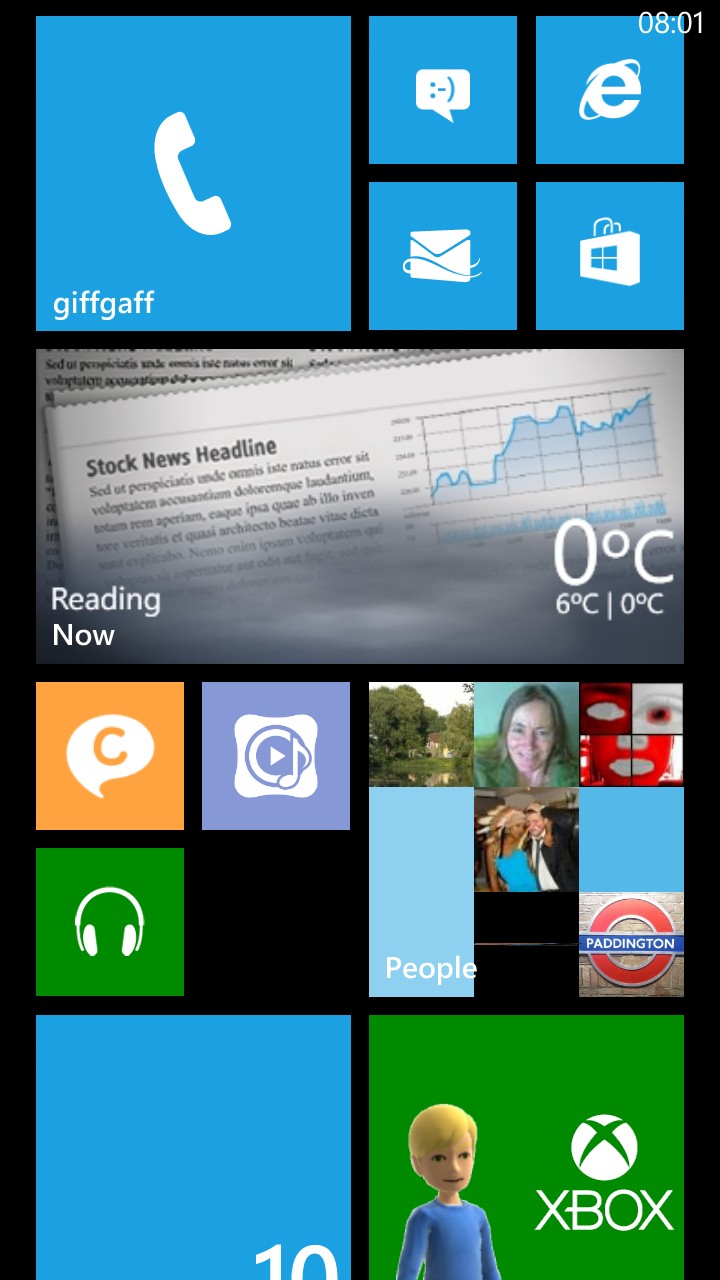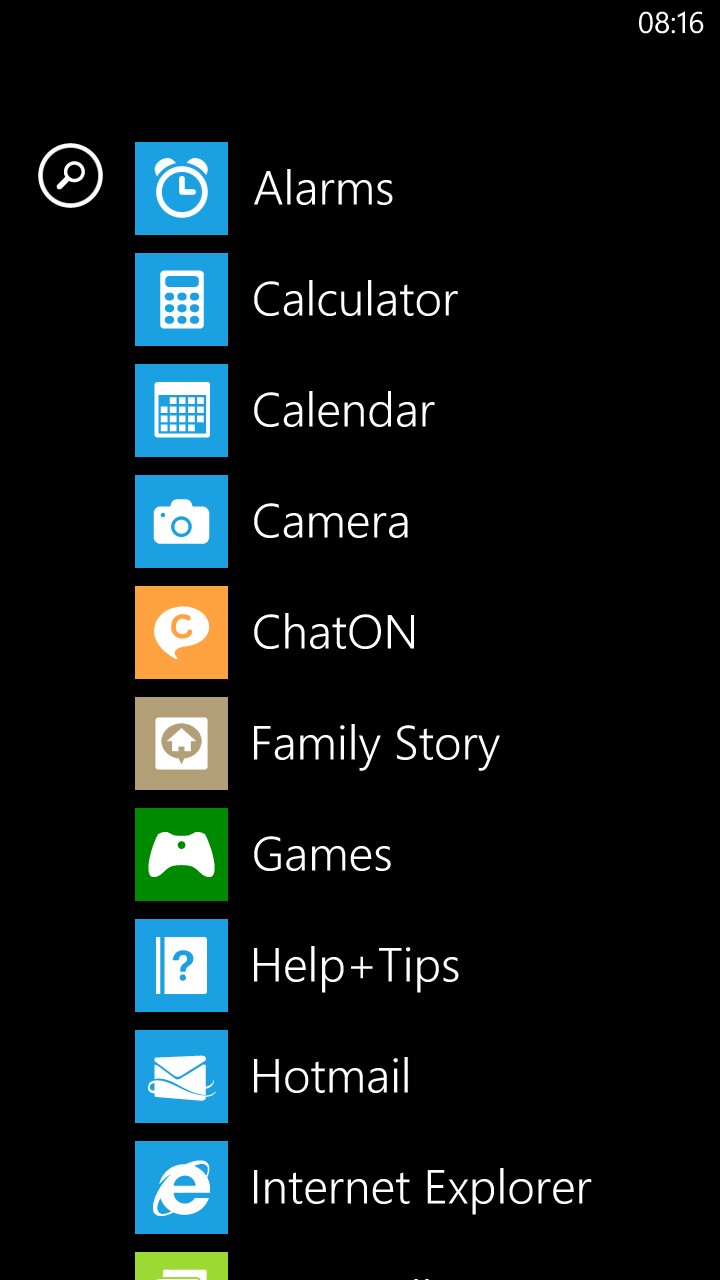The Xbox Live version of Halo is another in a long line of apps and hardware that have been given the 'exclusive' tag and limited availability for a set period. The idea being that by having an exclusive period for something desirable, people will naturally move towards that option.

Verizon's exclusive handset (the Lumia 928) also gets an exclusive to Verizon game - Halo: Spartan Assault
Halo: Spartan Assault is going to be the first mobile version of Halo, and Microsoft must be hoping that it's going to have the same marketing effect as the franchise has had on the Xbox consoles. Of course, the mobile landscape is far more fractured than the home consoles, and asking people to buy a phone for a specific game is a bit more of an ask than buying a console.
Which is why restricting the flagship game (and, make no bones about it, Halo will be the Windows Phone flagship game) is an interesting choice, although I'm sure that Verizon are going to be putting Halo posters up in all the store fronts on the US High street and pushing the advertising online to get the word out.
Perhaps it's just unfortunate that some people might be waiting for the 1020, even if Verizon's Lumia 928 has the same hardware base and potential as the 1020 (if you ignore the camera). Let's hope the sales assistants have been briefed - "Halo or 41 Megapixel camera" should be an easy challenge to help build up a customer's interest in a device.
Of course, Halo is not the first exclusive application, and neither is Verizon the first network to have specific applications available on a handset. They will have paid for the privilege, and the cost of that will be recouped with extra sales in the period - at least that's the plan. Having a differentiator makes it easer to sell a product, the trick is to balance that need with not damaging the platform.
Neither is it something that customers will be unfamiliar with. While Windows Phone is one of the most cohesive platforms out there, manufacturers have consistently used software to make their handsets stand out. Nokia have a huge edge here in terms of investment, so the suite of apps and services make the Lumia range stand out - Nokia Music, HERE Maps, and City Lens, are all home grown successes. Gamers will be more familiar with the long term EA deal that has seen a steady flow of high quality games staying inside the Lumia family for a number of months before a wider release.
Samsung have a number of apps that were used to sell the ATIV S handsets - messaging client ChatON has just opened up as a general download for all, but they still have Samsung Now (for news and weather), Family Story, and Live Wallpaper. And aren't we all eager enough to buy an 8X to get the HTC Torch app on our handsets? [Enough with the snark! - Ed]


Samsung's exclusive apps under Windows Phone 8
There are exclusives and there are exclusives. Some are tiny steps that hopefully have a cumulative effect, others are almost deal breakers with their distortion, such as the Lumia 925 variant for UK network Vodafone, which is the only UK 925 (at the moment) to be available with 32GB of on-board storage. That gives Vodafone a short term impetus to push the handset, but does not restrict any of the other networks from carrying the (more limited) handset. Distortion was also the case when EE landed the exclusive period with the first Windows Phone 8 handset in the UK (the Lumia 920), which arguably dulled the potential of the new OS in the last quarter of 2012.
But the other side of the argument is seen to be stronger by the networks, and apparently also with Nokia and Microsoft. The distorted effect of the exclusive gives a networks something that they can say 'belongs to them', and the handset/network relationship is one that Windows Phone needs to get right
On balance, I reckon the amplification effect that an exclusive arrangement provides, in most cases, outweighs the drag it has on other parts of the ecosystem. For Windows Phone to carry on building market share (and to do its best to increase the adoption rate and grow the market share faster), the net benefit is key... and exclusives help the platform.
So they're going to continue - and while in the short term you might grumble that you have to wait for Halo / the 64GB Lumia 1020 / ESPN (or another deal), you should remember that the growth of the platform will be of benefit to you in the medium to long term.
